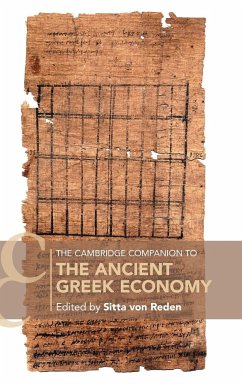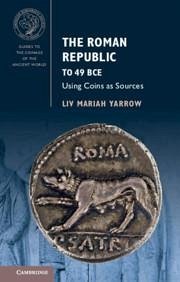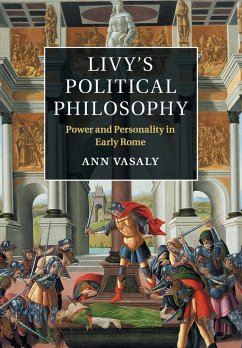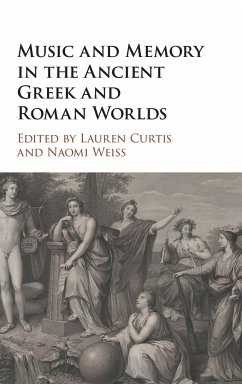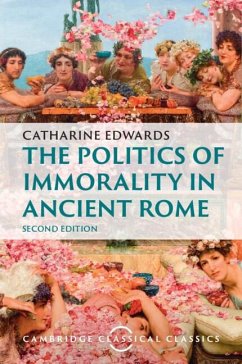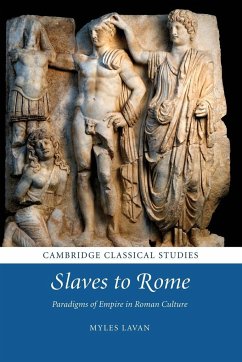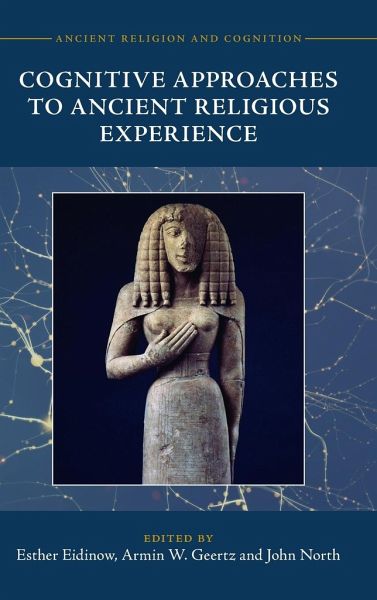
Cognitive Approaches to Ancient Religious Experience

PAYBACK Punkte
46 °P sammeln!
Explores the religious rituals and beliefs of ancient Greece and Rome, using modern research into human cognition to better understand the experiences of men and women. Integrates literary, epigraphic, visual and archaeological evidence. Accessible to those without prior knowledge either of cognitive theory or of the ancient world.






